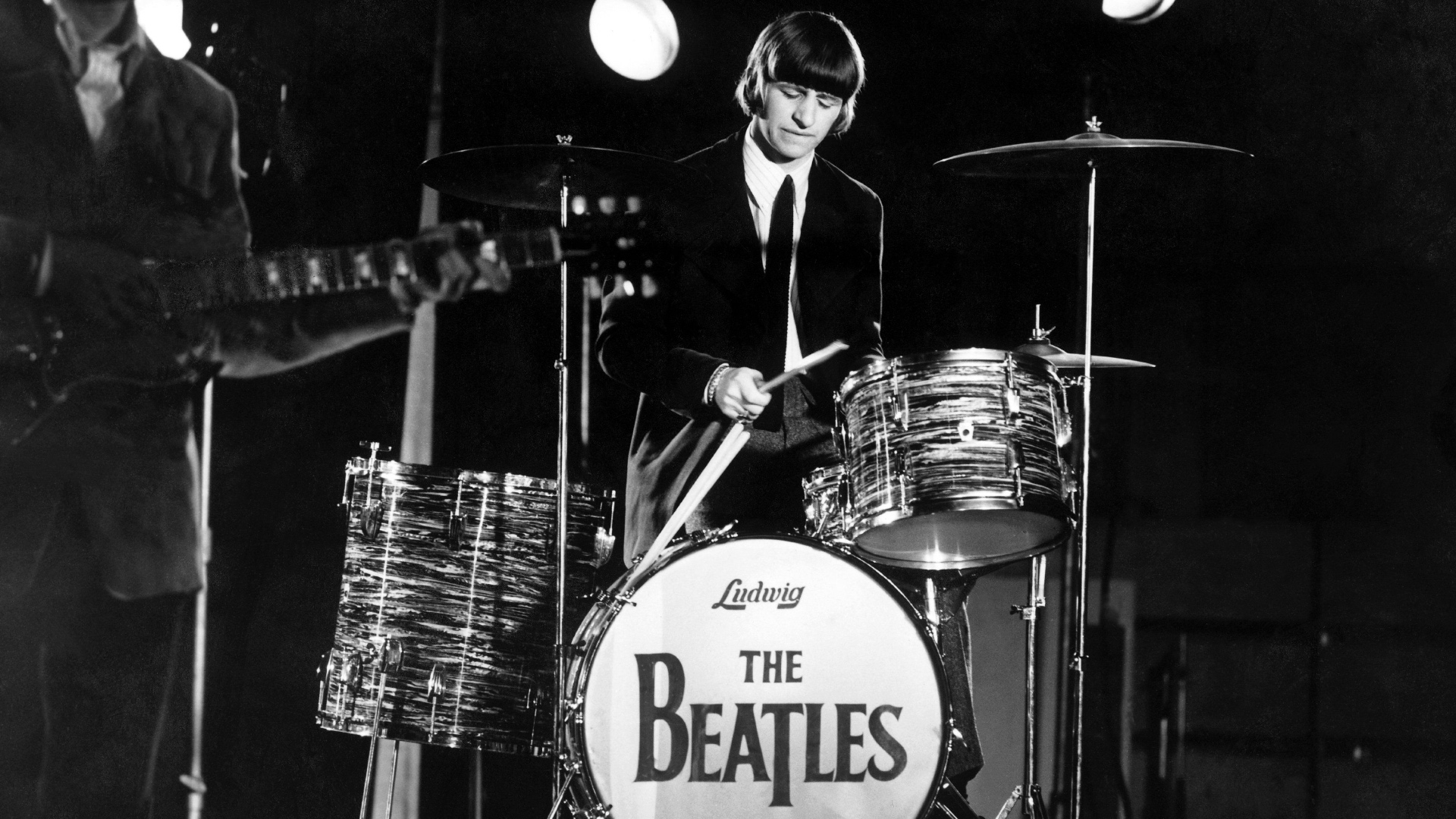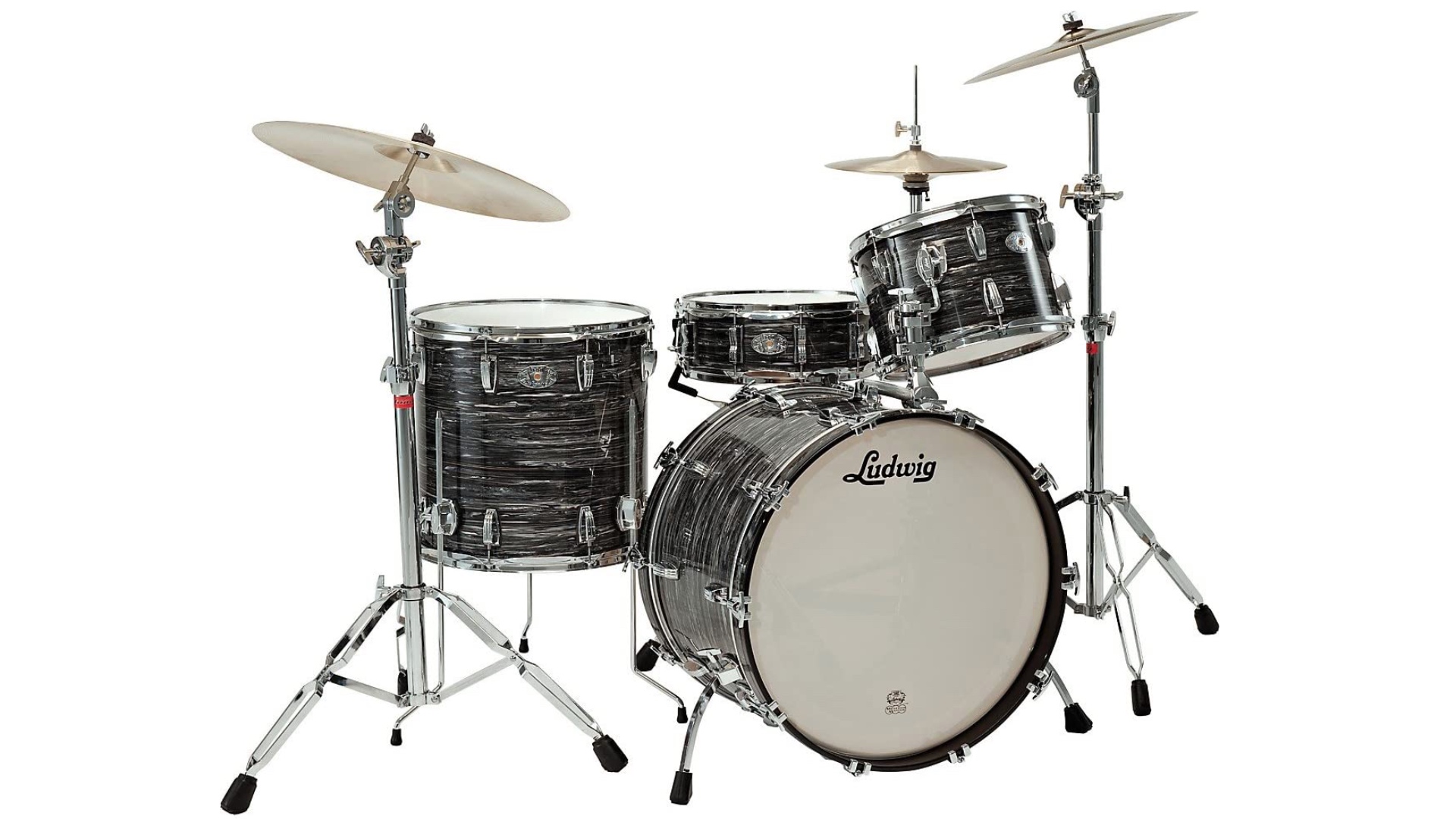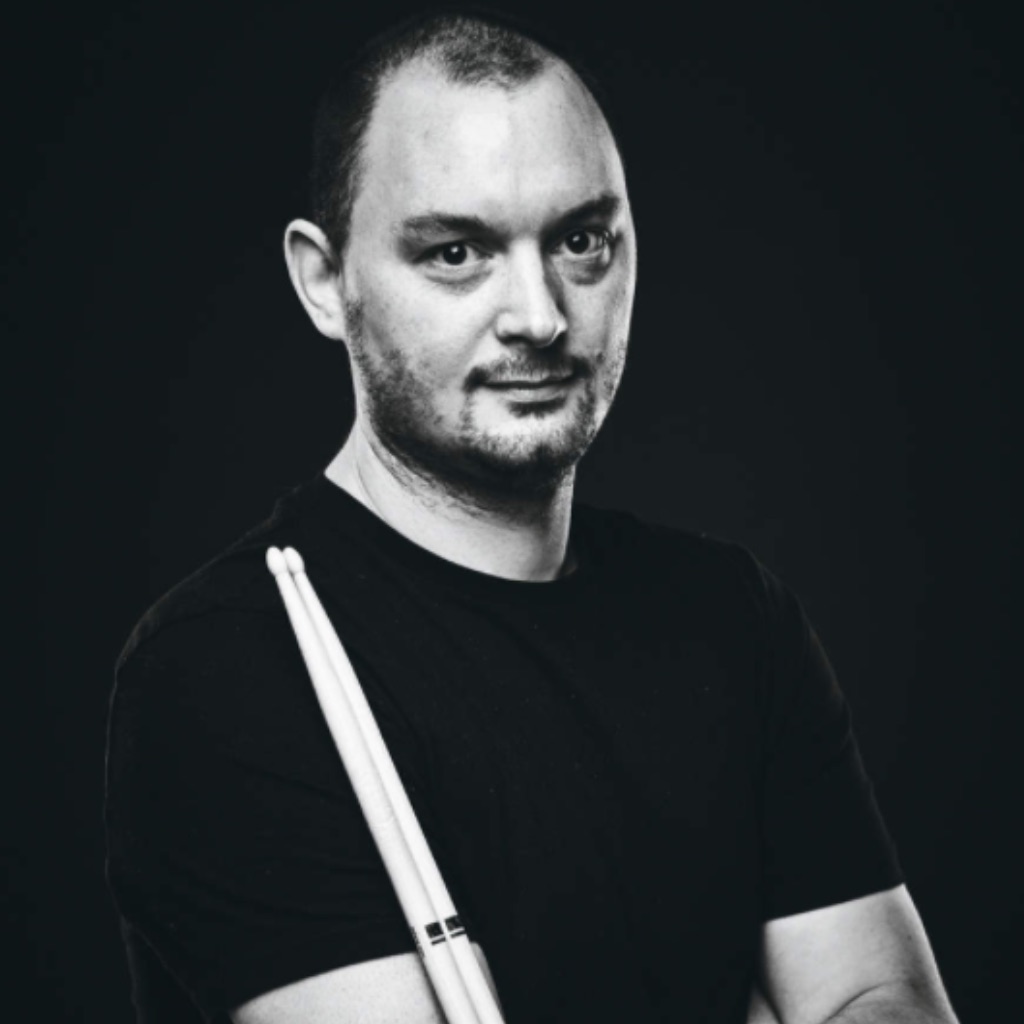In defence of Ringo Starr: why drumming’s biggest target is still one of its most influential
As Mr Starkey turns 80, we salute the ultimate pop drummer

“The best drummer in the world? He’s not even the best drummer in The Beatles”. So goes the line which is widely mis-reported as a quote from John Lennon (it was actually Brummie comedian, Jasper Carrot who said it).
Ever since the Fab Four defined what ‘popular’ really means, the debate has raged on: is Ringo actually any good?.
The answer depends on your definition of good, and ultimately, there is no argument for personal taste; you either like Ringo Starr’s drumming or you don’t. However, we feel that there is a case for objectivity here, and given that The Beatles covered more musical ground in a decade than many bands could hope to over an entire career, there’s something for everyone to be inspired by in their catalogue, and, just as notably, Ringo’s drumming.
Here’s the case for why Ringo might not be the greatest drummer in the world, but is the perfect drummer for the biggest band of all time.
Even his drums are visually distinctive

We’re starting off with the more superficial, but it’s also extremely important. Ringo may have started off his tenure in The Beatles behind a Duraplastic-wrapped Premier kit, but take a look at a photo of a Ludwig Downbeat or Super Classic kit in Oyster Black Pearl finish and the association is deafening.
Even now, half a century after he made the switch to Ludwig, nobody has managed to take ownership of the finish and visual impact of such a simple-looking drum set. It’s the image that hung on thousands of bedroom and music space walls, and inspired generations of drummers to come.
If Buddy Rich owns White Marine Pearl, and Bonham lays claim to Green Sparkle or Vistalites, Oyster Black Pearl belongs to Ringo.
Get the MusicRadar Newsletter
Want all the hottest music and gear news, reviews, deals, features and more, direct to your inbox? Sign up here.
Pop drumming was still young when he started
It’s easy to look at The Beatles’ success now with the benefit of 60 years of musical and technical progression and not understand why Ringo inspired so many drummers. But in order to get it, you have to look at what came before. Ringo was born in 1940 - a year after World War II started - meaning that for at least the first 10 years of his life, rock n roll didn’t exist. Jazz standards, wartime lament and smooth crooners were the sounds of the day.
By the time Ringo started playing in his first skiffle groups as a teenager, the time-keeping role was still performed on household objects such as boxes, biscuit tins, and washboards. The point is, that the drum kit and ‘pop’ drumming was still in its formative years by the time The Beatles enlisted Ringo.
He might not have invented it, but he certainly helped to shape it during those early years: helping to change the role of the drums from an orthodox, military and jazz-led discipline into a more democratised art form. If there was a blueprint for what drummers ‘did’ in rock ’n’ roll, Ringo’s approach widened it.
He’s your favourite drummer’s favourite drummer
In 1964, Ringo played drums in front of a bigger audience than anyone ever had before. In fact, 73 million people tuned in to watch The Beatles' first performance on The Ed Sullivan Show.
Amongst that number were more than a few future drum heroes, and we’d say that you’d be hard-pushed to find another moment where one drummer inspired and entire generation of kids and teenagers to pick up a pair of sticks and beg their parents to buy them a kit.
From the simplistic heavy-hitting of Dave Grohl, to the progressive mind bending of Mike Portnoy and way beyond, all roads lead back to Ringo.
He embodies ‘drumming for the song’
Listen to Ringo’s parts and not only are they often unmistakeable and memorable in their own right, but they also fit the songs perfectly. Imagine Come Together without those famous 16th-note triplets between the hi-hats and toms (or the tea-towelled muting, for that matter), or Ticket To Ride without the accented upbeats.
When presented with In My Life, the obvious thing for most drummers would be to fill the time with constant eighth-notes (as Ringo does in the bridge/chorus sections). Instead, he opted to leave space for the movement of the guitar riff, hitting the hi-hat once-a-bar on the off-beat.
To imagine many of Ringo’s parts played any other way would change them to the point of sounding wrong, which to us means he couldn’t have got them more right!
His style is his own
Even now, almost 60 years after Ringo joined The Beatles, one of the most common pieces of advice given to aspiring drummers is to ‘Find your voice’, and Ringo certainly did.
A combination of being a natural left-hander, an upbringing of swung music and his appreciation for songs as a whole add up to Ringo’s unique style. An internal meter that bounces with as much groove as any rare funk record, stickings that have left highly-proficient drummers tying their arms in knots and his famous ‘windscreen-wipe’ hi-hat technique drove The Beatles engine room, and it extends to Lennon and McCartney’s solo material too: with Ringo brought in to be ‘Ringo’.
Even when he didn’t get the call from his former bandmates - much like Stewart Copeland after him - the top-level session players always came with their aerials tuned to Ringo.
Now consider that he did all of this as a quarter of one of the greatest vocal melting pots of all time. There are plenty of drummers with chops, but there’s only ever been, and only ever will be one Ringo!

I'm a freelance member of the MusicRadar team, specialising in drum news, interviews and reviews. I formerly edited Rhythm and Total Guitar here in the UK and have been playing drums for more than 25 years (my arms are very tired). When I'm not working on the site, I can be found on my electronic kit at home, or gigging and depping in function bands and the odd original project.









